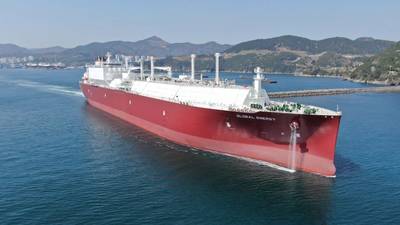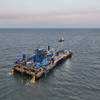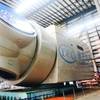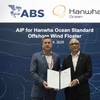Nakilat Taps ABS to Develop Decarbonization Plan
Qatari shipping company Nakilat, one of the world’s largest liquefied natural gas (LNG) shipping operators, said it has partnered with U.S.-based classification society ABS to develop its decarbonization strategy.
Over the past months, Nakilat’s project team has worked with ABS sustainability specialists to map out decarbonization pathways for the company’s fleet of 69 LNG carriers and four very large liquefied petroleum gas (LPG) carriers. The project will ultimately see Nakilat’s vessels receive the ABS SUSTAIN notation, which demonstrates alignment with the United Nation’s Sustainable Development Goals (SDGs) and establishes a pathway for sustainability certification and reporting.
Nakilat CEO Eng. Abdullah Al Sulaiti said, “We recognize the important role we play in reducing our carbon footprint and are committed to carry out our operations in a sustainable manner. In addition to this partnership with ABS, we are also leading a working group with our joint venture partners to ensure our global fleet operations meet with IMO’s decarbonization targets. Our focus is on sustainable development of Nakilat’s fleet beyond 2030, which contributes towards the realization of Qatar National Vision 2030 and our own vision to be a global leader and provider of choice for energy transportation and maritime services.”
Georgios Plevrakis, ABS Director, Global Sustainability, said the class society is developing tools and strategies that help shipowners decarbonize their operations while demonstrating their progress toward zero carbon operations.
The SUSTAIN notations were introduced with the ABS Guide for Sustainability Notations to help marine and offshore operators meet the Environmental, Social and Governance (ESG) requirements outlined in the SDGs. The guide focuses on sustainability aspects of vessel design, outfitting and layout that can be controlled, measured, and assessed. These include: pollution and waste; coastal and marine ecosystems; energy efficiency and performance monitoring; low-carbon fuels; human-centered design; and asset recycling.













